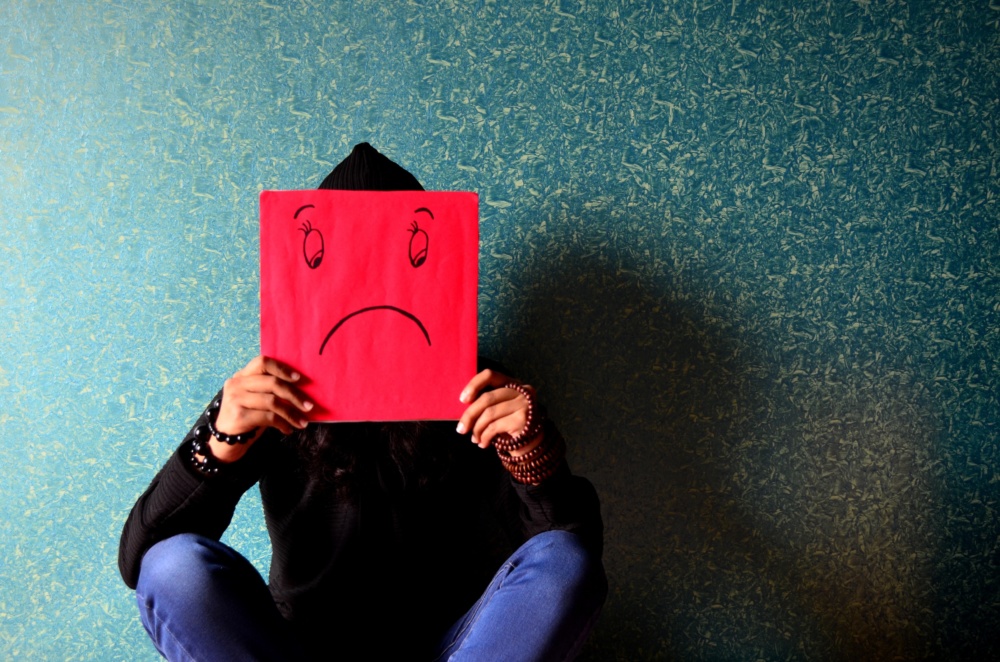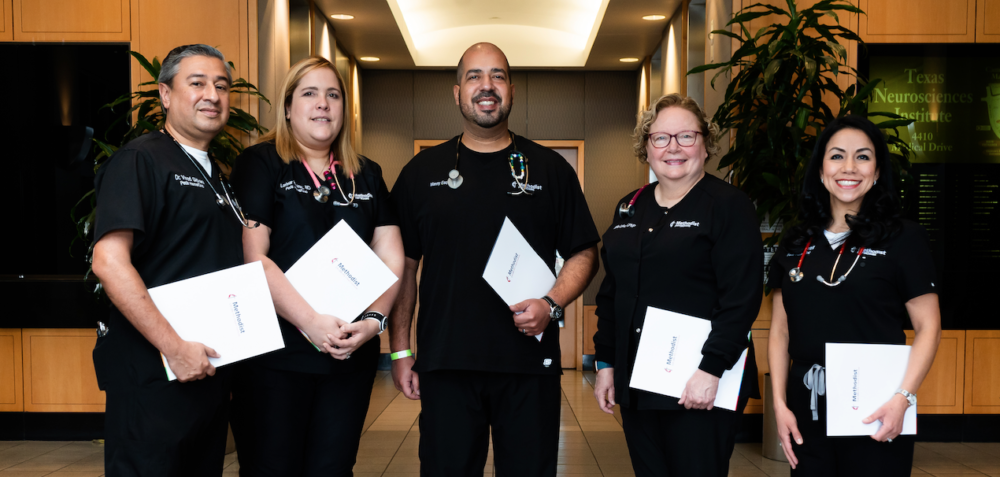Communicare Health Centers – A pediatrician’s healing spirit: treating depressed, anxious, and suicidal teens
I had not one, but two suicidal teen patients today. This is only one day after I had an eight-year-old suicidal patient come to see me. Three weeks ago, a 17-year-old female walked in, she had hung herself in her closet one month earlier — saved only by the timely breaking of the crossbar of her closet — passed out on the closet floor by her mother. A 16-year-old male coming in for a routine physical examination confided that earlier in the year, he had slept for over 36 hours after ingesting a bag of his friend’s mother’s Xanax in an attempt to take his life.
Ten years ago, teen depression, struck me like a bolt when it claimed the life of one of my patients: M.K. He had come into the office a few weeks before that fateful day with symptoms of depression, I made the diagnosis but somehow was unable to sell the treatment and care to his mother who uttered the words I will not soon forget.
“I had depression, and I did OK. He does not need medication or counseling, he will be just fine, thank you.” And so, on July 4th, 2008 my beloved 15-year-old patient walked out the front door of his home, stood in the middle of the front lawn, put a double-barreled hunting rifle in his mouth and pulled the trigger in front of his family and friends celebrating Independence Day.
One does not easily recover from that sight, even if only imagined. And so, began my relationship with depressed teens. However, before I go any further, I would like to give you a snippet of who I am, and my background.
I am Nigerian by birth. The Nigeria I grew up in was a country where depression, anxiety and all forms of mental ill-health are largely viewed as demonic in origin. No one ever talks about it. It is often usually some form of a family curse or an evil relative or evil enemy put some “bad juju” on you. Or worse still, it’s an act of punishment from God for some sin committed either by you or someone else in your family lineage. It is never a medical problem, and there are only roots and herbalists to treat such afflictions.
One can, therefore, imagine my position, knowing the science behind this sort of ailment, and not being able to mention it or practice it, because of responses like “Sweetie, this is no business for orthodox medicine,” or “I can’t believe you think my child has bipolar disorder.” Or “it’s ok, we shall pray about it,” or simply, “it is well, God is able, we shall take him to our pastor for prayers and laying of hands.” Thankfully, things are slowly improving with the help of widely accessible knowledge on the internet and technological influences as a whole. However, change is slow, as such, mental illness is still widely viewed as a taboo in Nigeria, and patients are still primarily stigmatized.
With that background, I plunged myself into my life as a pediatrician in the U.S., a country which allows me to practice medicine “properly” with up to date knowledge and patients who for the most part are willing to listen to the doctor and do as is recommended.
That is why the loss of my first patient to suicide (a permanent solution to a largely temporary problem) in 2008 was a very hard pill to swallow. I slowly learned to live with his memory, and tried to move on, telling myself I had done everything right by him, but had I really? Could I have done more? Tried harder to convince his mother?
Questions that still haunt me to this day, every time I see yet another suicidal teen at the office. I cannot count the number of times I have had to retell that story to my patients. Like any other caring pediatrician, I take my work (and my patients and their stories) home with me. I cry with their parents. I hug my patients, I share their wins and their losses, I want to help them stop hurting, I want to make it all go away … if only I could.
The running theme in my office is: “Dr. Umeh attracts (all) the teens with the issues.”
After almost 30 years in this profession, I have come to the conclusion that there is some truth to that, as no day or week passes that I do not have a depressed, anxious or suicidal teen on my “to see list.” Could it be my own personal history of depression and suicidal ideation? Could it be my own history of being bullied as a young child? My insecurities as a teenager? My personal history of sexual assault as a young, bright-eyed medical student? Or my own history of private pain and suffering? We may never know. But one thing is for sure I do want my patients, my teens, and tweens to stop hurting. And I plan on doing something about it. One patient’s mother thinks I have a “healing spirit” that is why they come to me. I say: I hear the call and am ready to be sent.
 Dr. Uchenna Umeh is a pediatrician at CommuniCare Health Centers. CommuniCare Health Centers is a full-service primary healthcare system with multiple locations serving Bexar, Kendall and Hays counties. We offer an array of services including Pediatrics, Family Medicine, Senior Care, Women’s Health, Dental, Behavioral Health, WIC services and Specialty Care. Each location offers a different combination of these services. We provide integrated primary care delivered by highly trained healthcare clinicians, utilizing state-of-the-art diagnostic equipment and electronic health records. Our focus is to always provide exceptional care and treat our patients like family. Our promise to you is to always make you Feel at Home.
Dr. Uchenna Umeh is a pediatrician at CommuniCare Health Centers. CommuniCare Health Centers is a full-service primary healthcare system with multiple locations serving Bexar, Kendall and Hays counties. We offer an array of services including Pediatrics, Family Medicine, Senior Care, Women’s Health, Dental, Behavioral Health, WIC services and Specialty Care. Each location offers a different combination of these services. We provide integrated primary care delivered by highly trained healthcare clinicians, utilizing state-of-the-art diagnostic equipment and electronic health records. Our focus is to always provide exceptional care and treat our patients like family. Our promise to you is to always make you Feel at Home.





Recent Comments